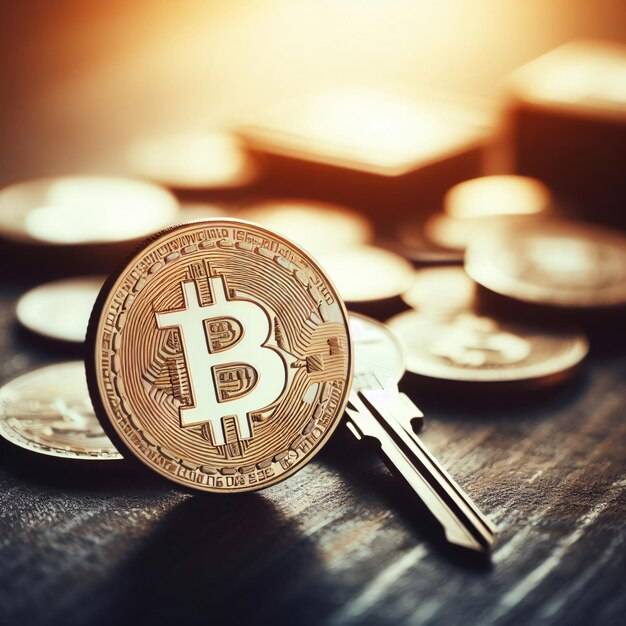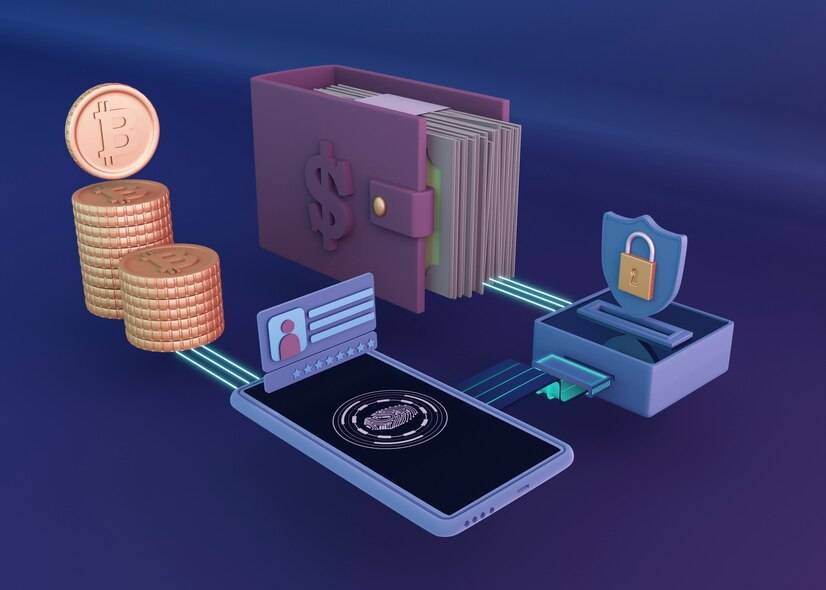Imagine a world where you don’t need to trust banks, middlemen, or corporations to manage your money or personal data. Sounds futuristic, right? Well, that’s the world decentralization in crypto promises! In this article, we’ll break down the meaning of decentralization, why it matters, and how it’s shaping the future—all in a way that even your non-techie friend can understand. Let’s dive in!
What is Decentralization?
Decentralization means that no single entity—like a bank, government, or tech giant—has full control over a system. Instead, control is spread across a network of participants.
A Relatable Analogy
Think of it like a potluck dinner. In a traditional dinner (centralized system), one host controls everything—what’s on the menu, who gets what, and when it’s served. But in a potluck (decentralized system), everyone brings their dish, and there’s no single point of control. Everyone contributes, and everyone benefits.
In the crypto world, decentralization removes the need for a “host” like a bank or payment processor. Instead, a network of participants (computers) works together to manage and verify transactions.
How Decentralization Works in Crypto
The Role of Blockchain
Blockchain is like a giant, shared notebook. Imagine a group of friends keeping track of who owes whom money. Instead of one person holding the notebook (centralized), everyone has a copy, and any updates are shared across all copies simultaneously.
In crypto, this “notebook” is a digital ledger where every transaction is recorded. The key difference? It’s nearly impossible to cheat or alter the entries because the entire network is watching.
Peer-to-Peer Transactions
One of the coolest things about decentralization is that you can send money directly to someone without needing a middleman like a bank. For example:
- You can send Bitcoin to a friend in Japan in minutes without needing PayPal or Western Union.
- There are no extra fees or restrictions—just you, your friend, and the blockchain.
Benefits of Decentralization
Security and Transparency
In a centralized system, one server holds all the data. If that server gets hacked, boom—game over. With decentralization, data is spread across thousands of computers. Hacking all of them at once? Nearly impossible.
Blockchain transactions are transparent. For example, Bitcoin’s blockchain records every transaction ever made. Learn more about Bitcoin and alternatives in What Are Altcoins?.
Censorship Resistance
No single authority can block or reverse transactions in a decentralized system. For example, in some countries, governments have frozen bank accounts during protests. With Bitcoin or Ethereum, that’s not possible.
Financial Freedom
Decentralized systems provide financial access to people without bank accounts. Discover how crypto empowers the unbanked in NFTs vs. Cryptocurrencies.
Challenges of Decentralization
-
Scalability Issues: Decentralized networks can be slower than centralized ones. For example:
- Bitcoin processes around 7 transactions per second.
- Visa can handle over 24,000 transactions per second.
- Energy Consumption: Cryptocurrency mining uses significant energy, often compared to the consumption of small countries.
- User Responsibility: In a decentralized system, you’re in charge of your assets. Losing your private key means losing access to your funds.
Why is Decentralization Important in Crypto?
Decentralization empowers individuals by removing the reliance on centralized authorities. It also enables trustless systems where algorithms enforce fairness. Want to learn more crypto slang? Check out What Does HODL Mean?.
Real-Life Applications of Decentralization
Examples include:
- Cryptocurrencies like Bitcoin and Ethereum
- Decentralized Finance (DeFi) platforms
- DAOs (Decentralized Autonomous Organizations)
Conclusion: Decentralization is the Future
Decentralization is about creating a transparent, inclusive, and trustless world. Next time someone mentions decentralization,
share the potluck analogy and inspire them to explore crypto!



